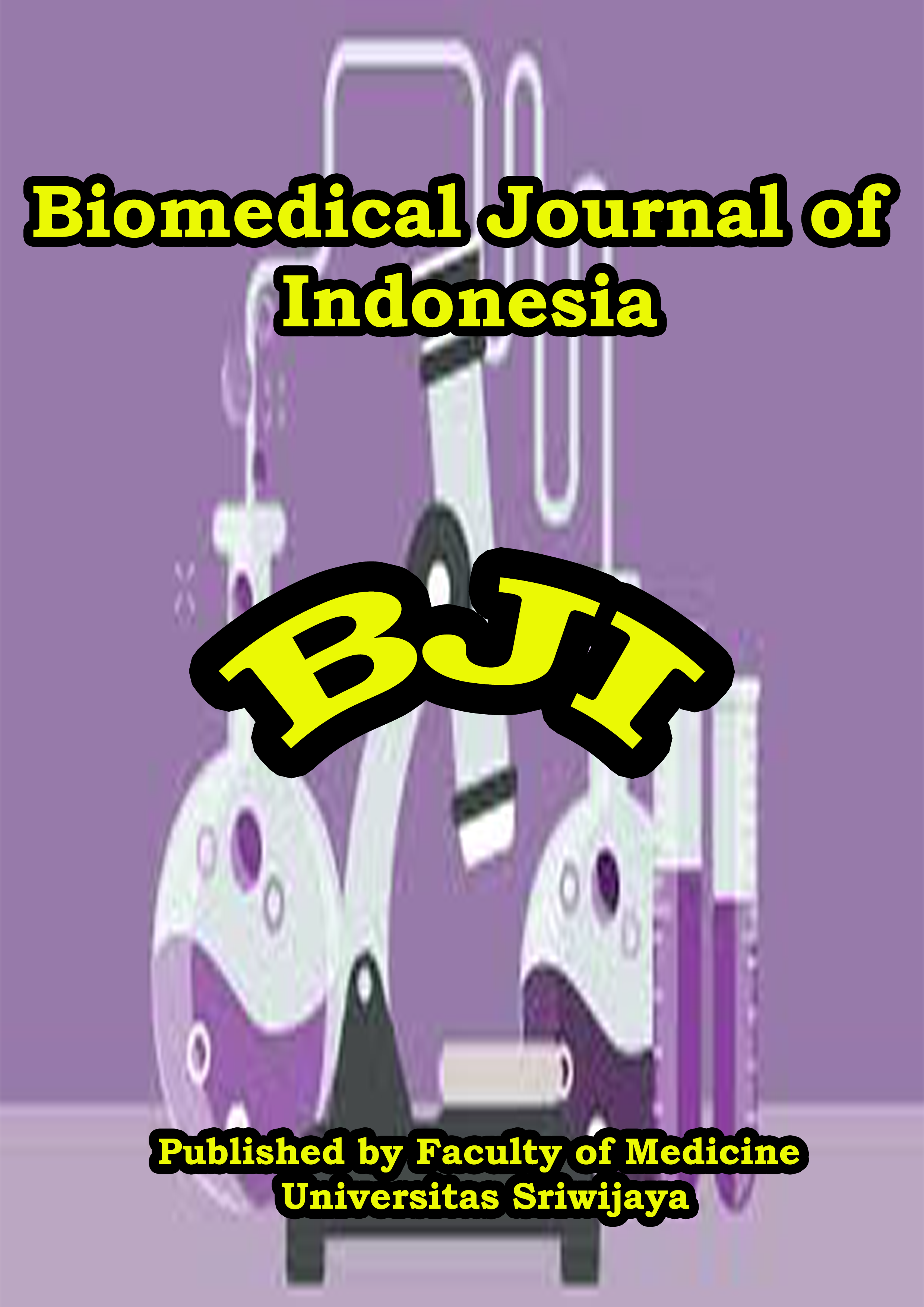Single-Nucleotide Polymorphisms of Interleukin-17 and Susceptibility to Tuberculosis
Main Article Content
Interleukin-17 (IL-17) is involved in the immune response to various infectious diseases. Two isoforms, IL-17A and IL-17F, are well studied and may play an important role in host defence towards tuberculosis. Genetic polymorphisms involving genes coding for these IL-17 isoforms may influence the function of this cytokine, hence affecting an individual’s susceptibility to tuberculosis infection. This narrative review discusses the role of several single-nucleotide polymorphisms involving IL-17A and IL-17F in tuberculosis susceptibility. Several SNPs, including rs2275913 and rs8193036 of the IL-17A gene and rs763780 of the IL-17F gene influence the immune response mediated by IL-17 to tuberculosis through different ways. The rs2275913 and rs8193036 SNPs are located in the promoter of the IL-17A gene, altering the expression of the gene by regulating the binding of transcription factors. Meanwhile, the rs763780 SNP is located in the coding region of the IL-17F gene, resulting in an amino acid substitution that affects the function of expressed IL-17. Future studies may elaborate the interactions of these SNPs with related polymorphisms in a haplotype-based approach, as well as their roles against infection of different Mycobacterium tuberculosis lineages.

